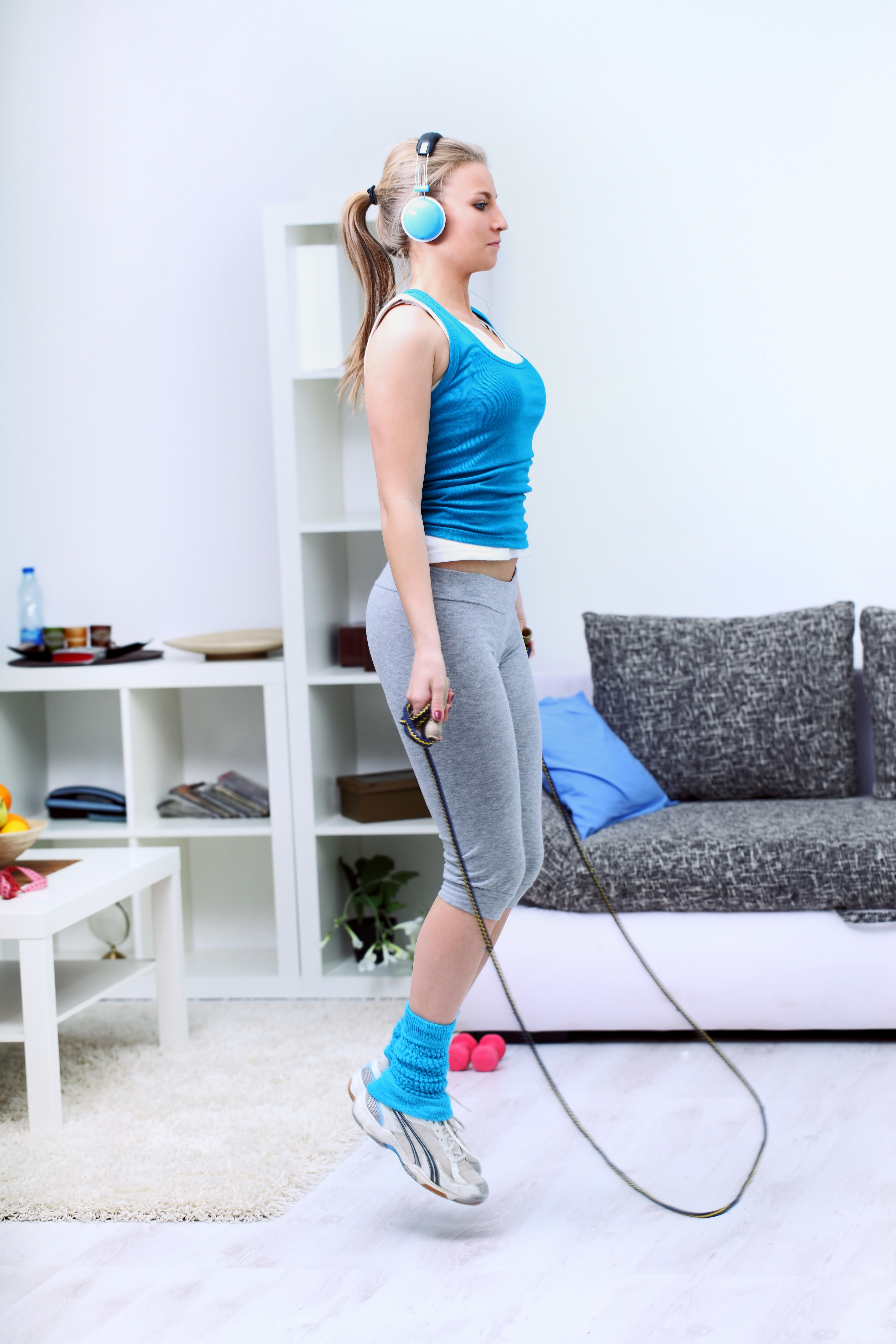
What’s the best time to do cardio? You may find it more convenient to fit a cardio workout in first thing in the morning as soon as you wake up. The activity will wake you up and get the blood pumping. Plus, some research suggests that people who work out in the morning are more likely to do it consistently. If you wait until later in the day, other things can come up that interfere with your plans to get leaner and healthier. Beyond convenience, you might wonder whether there are physiological advantages to doing cardio in the morning and whether you should do it before or after breakfast?
The Pros and Cons of Fasted Cardio
Fasted cardio is where you do a cardiovascular workout without eating first. In other words, you hop out of bed, hydrate, warm up, and launch into your workout. Some research suggests that fasted cardio, in the morning before breakfast, can work in your favor if you’re trying to get lean. After an overnight fast, carb levels are low, and your body must tap into fat as its primary fuel source. Therefore, you burn more fat if you do cardio before eating breakfast after an overnight fast.
It makes sense, doesn’t it? Your body is carb depleted and has to access fat stores to fuel exercise. In support of this, one study discussed on Science Daily found subjects who ran on a treadmill at a moderate pace burned 20 percent more fat when they skipped breakfast before their workout. They also didn’t eat more later in the day. Sounds like a winner, doesn’t it?
If you’re trying to maximize fat loss, doing cardio before breakfast may give you a slight edge but this approach works best for moderate-intensity cardio. If your morning cardio is a high-intensity interval session, exercising in a fasted state may work against you. During high-intensity exercise, your body is more dependent on carbohydrates as a fuel source than it is during low and moderate-intensity exercise. Launching into a high-intensity session in a carb-depleted state can limit your performance. You may not be able to exercise at the same intensity you would if you had eaten a pre-workout snack.
Fatigue can also be a factor and some people experience lightheadedness or a headache when they take on an intense workout without eating beforehand. It depends on how well adapted your body is to using fat as fuel. People who regularly consume a low-carb diet are “fat adapted “and may have an easier time doing fasted cardio than people who eat a higher carbohydrate diet.
Another concern is about muscle preservation. When you wake up in the morning, your cortisol level is usually at its peak relative to other times of the day. Eating something with carbohydrates tends to bring cortisol down. When you exercise in a fasted state, cortisol stays up. Why is this bad? Higher cortisol can lead to the breakdown of muscle tissue. This is mostly a concern if you do long-duration cardio, like running five or more miles.
Cardio Before Breakfast?
Whether you do cardiovascular exercise first thing in the morning on an empty stomach depends on your goals. If you’re trying to lean down and your cardio for the day is a brisk walk or other moderate-intensity exercise, fasted cardio may give you a slight fat loss advantage. Moderate-intensity exercise is exercise where you can still speak in complete sentences when you train. If you’re huffing and puffing so hard, you can only get out a few words, you’re working out at a high intensity.
If your go-to cardio is high-intensity interval training, it’s best to have a pre-workout snack to maximize your performance during an interval routine, unless your workout is very short. High-intensity exercise or exercise of long duration in a carb-depleted state can lead to muscle loss due to the impact of cortisol. Also, if you have certain medical conditions or take some medications, it may not be safe to work out in a carb-depleted state. Talk to your physician if you fall into this category.
Fat Loss Differences Are Likely Small
Don’t expect that fasted cardio will have a dramatic impact on fat loss. A 2014 study found that subjects who adopted a low-calorie diet and did cardiovascular exercise in a fasted state and non-fasted state experienced similar degrees of fat loss. So, you may not need to fast before a workout to get leaner.
Conclusion
Know your goals. Are you trying to lose body fat or are you most concerned about maximizing muscle gains? Fasted cardio works better for the former. If you’re trying to work as hard as possible during a high-intensity session, you’ll perform better if you don’t do it in a fasted state.
References:
Metabolism. 1999 Sep;48(9):1152-6.
J Int Soc Sports Nutr. 2014; 11: 54.
Science Daily. “Lose Fat Faster Before Breakfast”
